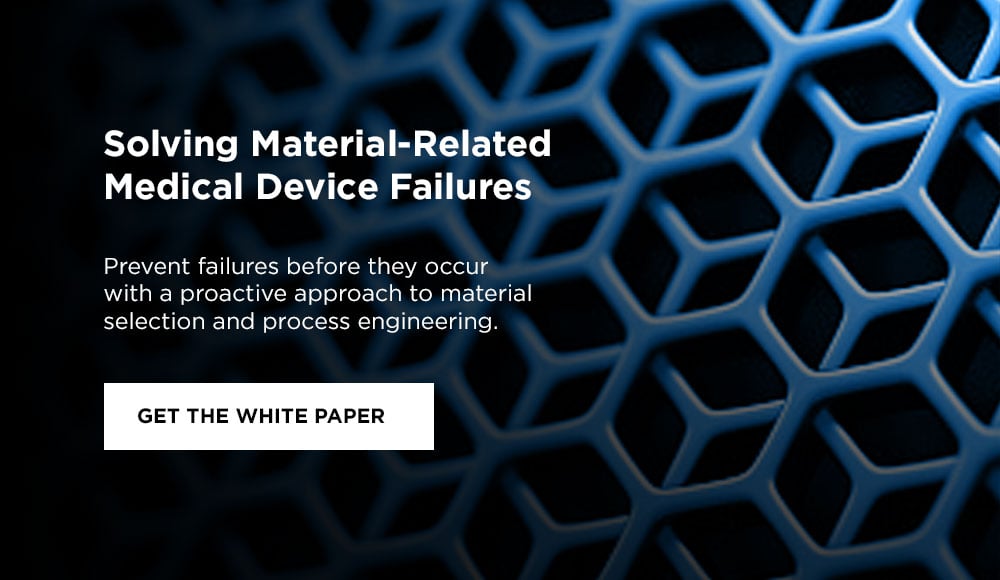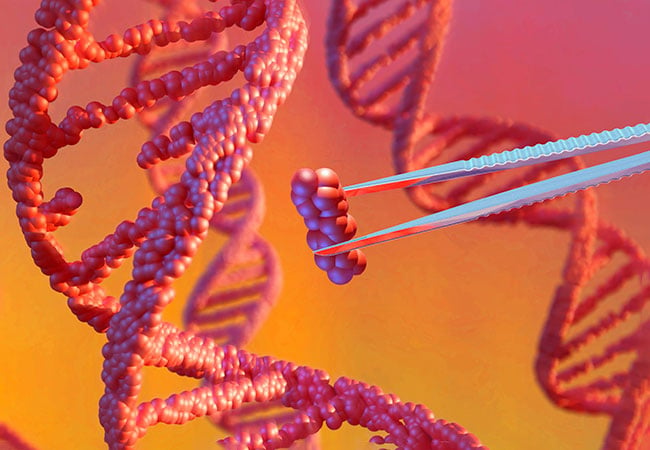The Value of Systems Engineering in Medical Device Development

An Intro to Systems Engineering
The fundamental goal of product development is to create the right product as efficiently as possible. Systems engineering is a management and technical approach that aims to create high-quality products that meet both user needs and project objectives.
The systems engineering philosophy adopts a management approach to risks that arise in projects, from technical, product, user, and regulatory to achieve the project and product objectives. The technical approach of the systems engineering philosophy is to ensure the systematic transformation of user, marketing, regulatory, and business needs into a product solution as efficiently as possible.
Systems Engineering as a discipline is well established, thorough, robust, and widely used throughout industries that create complex products, including aerospace, consumer electronics and medical devices. This formal project role, first recognized in the 1950s, has proven to have positive impacts on cost compliance, schedule compliance, and product quality.
Fundamentals of Systems Engineering
Systems engineering is a multidisciplinary approach that focuses on holistically and concurrently understanding diverse stakeholder needs, defining requirements and controlling risks while providing structure and technical coordination of multidisciplinary project teams. Many decisions are made throughout a development project.
A systems engineer’s role is to understand how design decisions made now impact both downstream activities, including integration, testing, manufacturing, etc. but also the product’s abilities to meet performance or user requirements. This approach ensures that all aspects of a system are considered and integrated from the very beginning, leading to more efficient and effective solutions, reduced costs and improved overall system performance.
The Benefits of Incorporating Systems Engineering
The Standish Group's CHAOS Report1 states:
- Approximately 29% of projects are successful, meaning they were completed on time, on budget, with a satisfactory result
- 52% of projects are challenged, meaning they were over budget, over time, and/or with unsatisfactory results
- The remaining 19% are considered failed, as they were cancelled prior to completion or delivered and never used
The INCOSE Systems Engineering Effectiveness Study2 found that projects applying good systems engineering practices were three times more likely to be successful than those that did not.
Why is Systems Engineering Valuable to My Project?
Designing the right product for end users is difficult and takes time and money, and the reality is: it is not a straight line. Decision making in the early stages of a device development is particularly challenging. A good decision now does not guarantee a good outcome later. In project management terms, there could be the need for replanning, rework, delays, or even project failure.
Design choices result in expenses that will be faced in the later stages of the project. Product development is a non-linear process, frequently accompanied by mistakes, failures or shifts in opinions necessitating redesigns that commit, and ultimately result in, additional costs.
A study by the Lean Aerospace Initiative at MIT3 found that effective application of systems engineering reduced the growth of project costs by 18% and improved schedule performance by 30%.
Battelle System Engineers
Most effective systems engineers have a combination of breadth and depth of knowledge to span the vast landscape of responsibilities. Battelle’s systems engineers typically have backgrounds in traditional science or engineering disciplines such as mechanical, electrical, software, chemistry, biology or materials. But also have more specialized backgrounds in areas such as usability, microfluidics, optics, physics, microbiology, etc. to solve the most complex technical challenges. What’s most critical in the role is their ability to see the bigger picture while weighing tactical decisions.
In our next installment, we will dive deeper to explore the role of systems engineering in the development of complex medical devices.
Featured Expert

Rick Brooks
Technical Leader, Systems Engineering
Mr. Brooks is a seasoned product development leader and manager, most recently taking on a Technical Leader role within the Medical Device Solutions Systems Engineering group. Prior to his current role, he had responsibility for the Market Discovery and Insights & Transformative Solutions division within the Medical Device Solutions business.
References:
- THE CHAOS REPORT; The Standish Group, 1995
- A Study of Systems Engineering Effectiveness: Building a Business Case for SE; J. Elm, 2011
- Technical Report Value of Systems Engineering; Lean Aerospace Initiative, 2004
Related Blogs
Sign Up for Battelle Updates
Follow along with the latest news, announcements and updates from our Battelle community of solvers.









